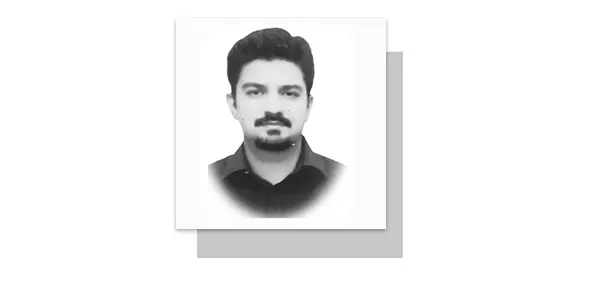AS I write this on 14 August 2024, the air is still thick with the echoes of gunfire and fireworks from last night’s Independence Day celebrations. In Pakistan, it’s a familiar sound, accompanying not just national holidays but also weddings, birthdays, and other joyous occasions. This tradition of celebratory gunfire, though deeply ingrained in our culture, has a darker side that is often overlooked.
From a young age, children in Pakistan are introduced to the concept of guns, albeit in the form of toys. Visit any store around Eid, and you’ll find toy guns prominently displayed, eagerly picked up by children who mimic the adults around them. This early exposure fosters a casual attitude toward firearms, one that often carries into adulthood. As these children grow up, the line between toy and weapon blurs, and the consequences can be deadly.
Pakistan’s relationship with guns is complex and deeply rooted in both historical and cultural influences. Our country has a thriving indigenous weapons manufacturing industry, yet there is a stark lack of research and data on the pervasive gun culture that exists today.
While the term “gun culture” was first coined by historian Richard Hofstadter in 1970 to describe America’s love affair with firearms, the concept is equally applicable to Pakistan. Here, owning a gun is not just a matter of personal protection but a symbol of power, status, and even identity. The statistics are staggering. According to the Small Arms Survey of 2017, Pakistan is home to an estimated 44 million privately-owned firearms, with only 6 million of these registered. This translates to roughly 22.3 firearms per 100 people, placing Pakistan among the top countries in the world for private gun ownership. Despite this, there is little public discourse on the implications of such widespread access to guns, particularly when it comes to the innocent victims of stray bullets.
In Pakistan, injuries from stray bullets are alarmingly common. The majority of these incidents occur during wedding ceremonies, where celebratory gunfire is seen as a way to express joy. However, what goes up must come down, and bullets fired into the air often return to earth with deadly force. According to an article published in the Pakistan Journal of Neurological Surgery, stray bullets can cause severe brain injuries, often with fatal consequences. In rare cases, victims survive without neurological deficits, but these are exceptions rather than the rule.
The psychological and cultural factors driving Pakistan’s gun culture cannot be ignored. The desire to own and use guns is deeply embedded in our collective psyche, influenced by a history of conflict, tribal traditions, and a perceived need for self-defence. However, this mindset has led to a normalization of violence, where the potential for death or injury is often dismissed as an acceptable risk.
As a nation, we bear a significant international responsibility. Pakistan ranks fourth in the world in terms of civilian gun ownership, a position that comes with a duty to ensure that these weapons are used responsibly. Stricter gun laws and their effective implementation are crucial steps toward reducing the number of stray bullet injuries and fatalities. There is an urgent need for research to better understand the dynamics of gun culture in Pakistan and to develop strategies for changing it. While guns may be seen as an integral part of our heritage, the price we pay for this obsession is far too high.
—The writer is Associate Professor, Health Services Academy, Islamabad.






